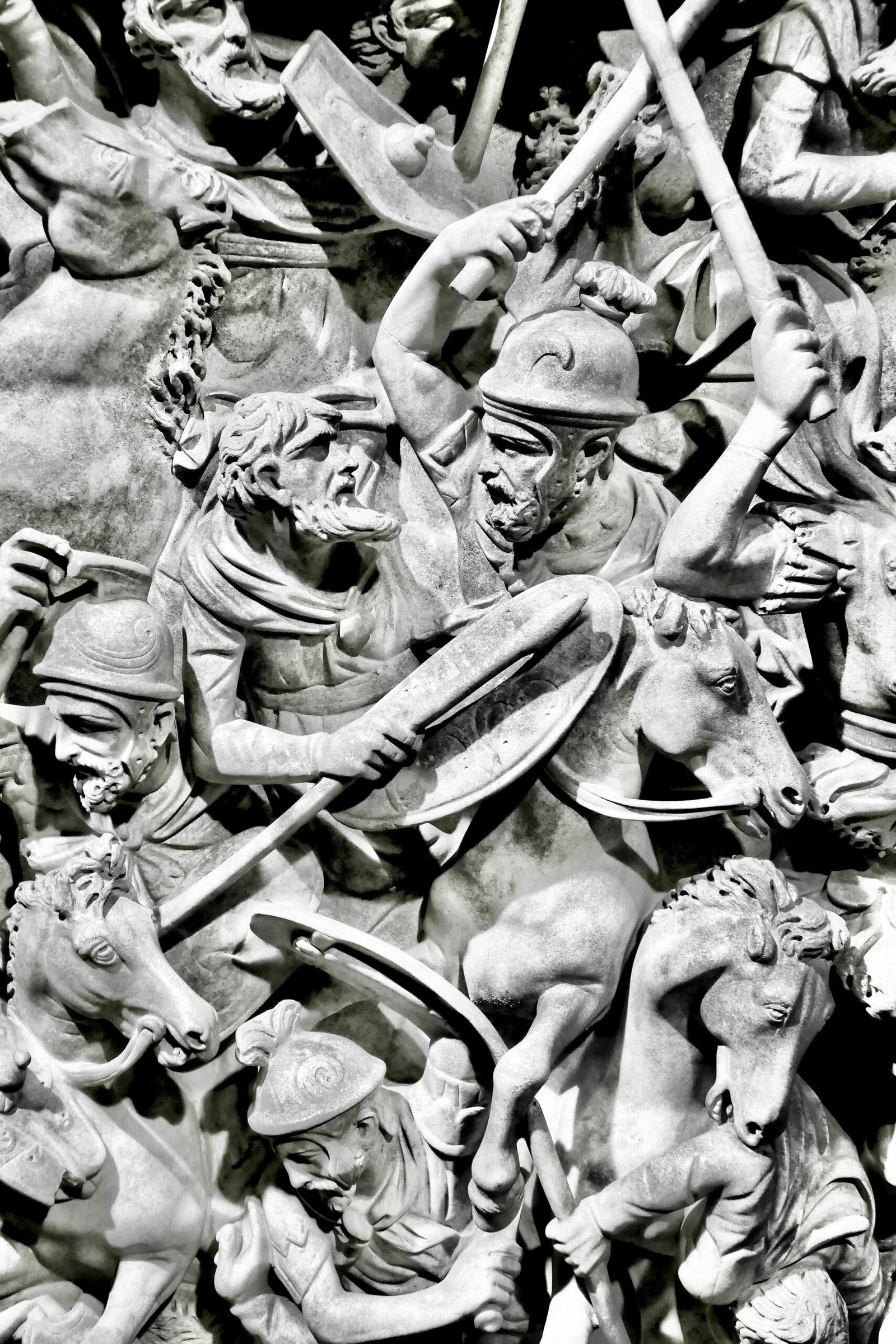The Sexual Attitudes of Ancient Romans
Ancient Rome was a society known for its liberal and permissive attitudes towards sexuality. The Romans had a more relaxed approach to sex compared to many other ancient civilizations, and their views on sexuality were shaped by a combination of cultural, social, and religious factors.
Extramarital Affairs in Ancient Rome
One of the most notable aspects of Roman sexuality was the acceptance of extramarital affairs. In ancient Rome, it was not uncommon for men to have sexual relationships with women other than their wives. While adultery was technically illegal, it was not heavily enforced, and many Roman men engaged in extramarital affairs without facing significant consequences.
One of the reasons for the acceptance of extramarital affairs in ancient Rome was the belief that men had a natural inclination towards sexual desire and that it was difficult for them to remain faithful to one woman. This belief was rooted in the idea of male virility and the expectation that men would have multiple sexual partners.
Furthermore, the institution of marriage in ancient Rome was primarily seen as a means of producing legitimate heirs and maintaining family alliances rather than a strictly monogamous relationship. As a result, extramarital affairs were often tolerated as long as they did not threaten the stability of the marriage or the social standing of the individuals involved.
The Institution of Prostitution
Prostitution was also a significant aspect of Roman sexuality. In ancient Rome, prostitution was legal and considered a legitimate profession. Prostitute women, known as “meretrices,” were a common sight in the city streets and were often organized into brothels or worked independently.
Prostitution in ancient Rome served various purposes. It provided sexual services to men who were not married or did not have access to extramarital affairs. It also catered to the desires of those who sought different sexual experiences or fantasies that they could not fulfill within the confines of marriage.
Prostitution was regulated by the state, and prostitutes were required to register with the authorities and pay taxes. They were subject to certain rules and regulations, such as regular medical examinations to prevent the spread of diseases.
While prostitution was a recognized profession, it was not without its controversies. Some Romans viewed prostitutes with disdain and considered their profession to be morally questionable. However, the general attitude towards prostitution was one of acceptance and pragmatism.
Conclusion
The sexual attitudes and practices of ancient Romans were characterized by a liberal and permissive approach to sexuality. Extramarital affairs were commonly accepted, and the institution of prostitution was legal and regulated. These attitudes were shaped by cultural, social, and religious factors, which emphasized male virility and the importance of producing legitimate heirs. While there were some moral qualms associated with extramarital affairs and prostitution, the overall attitude of ancient Romans towards sexuality was one of acceptance and pragmatism.

